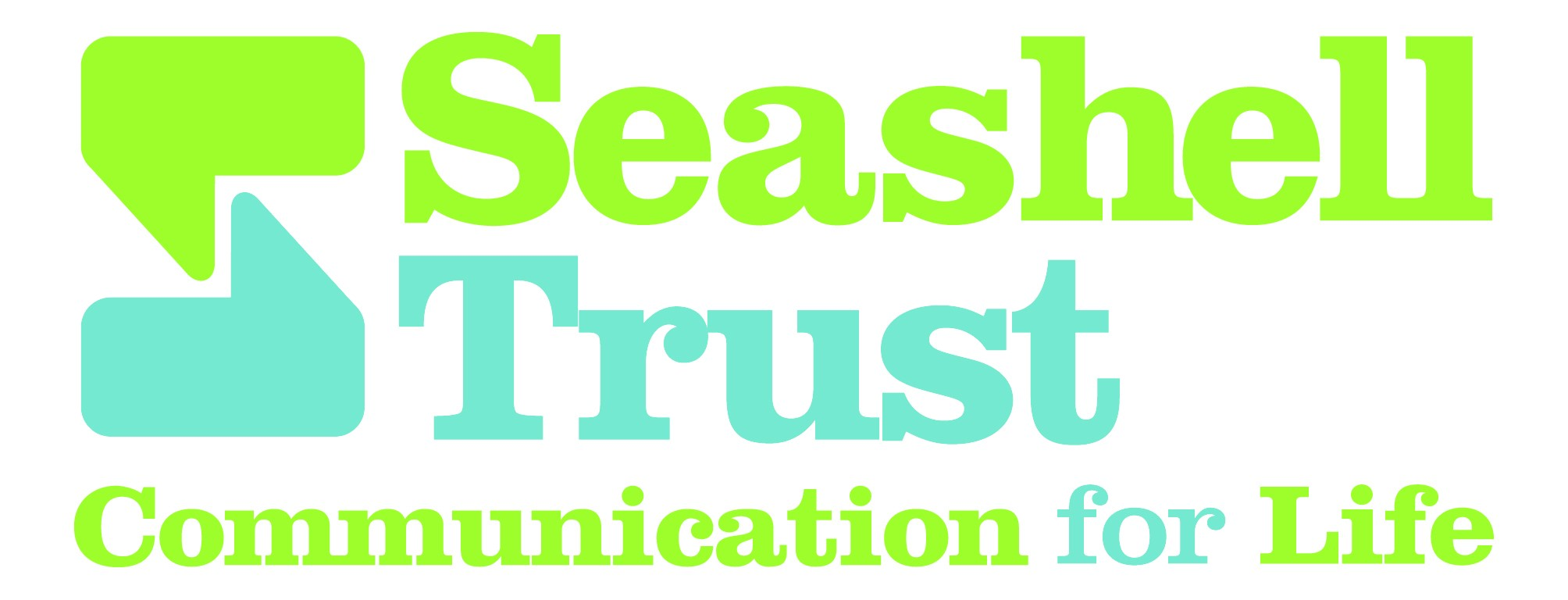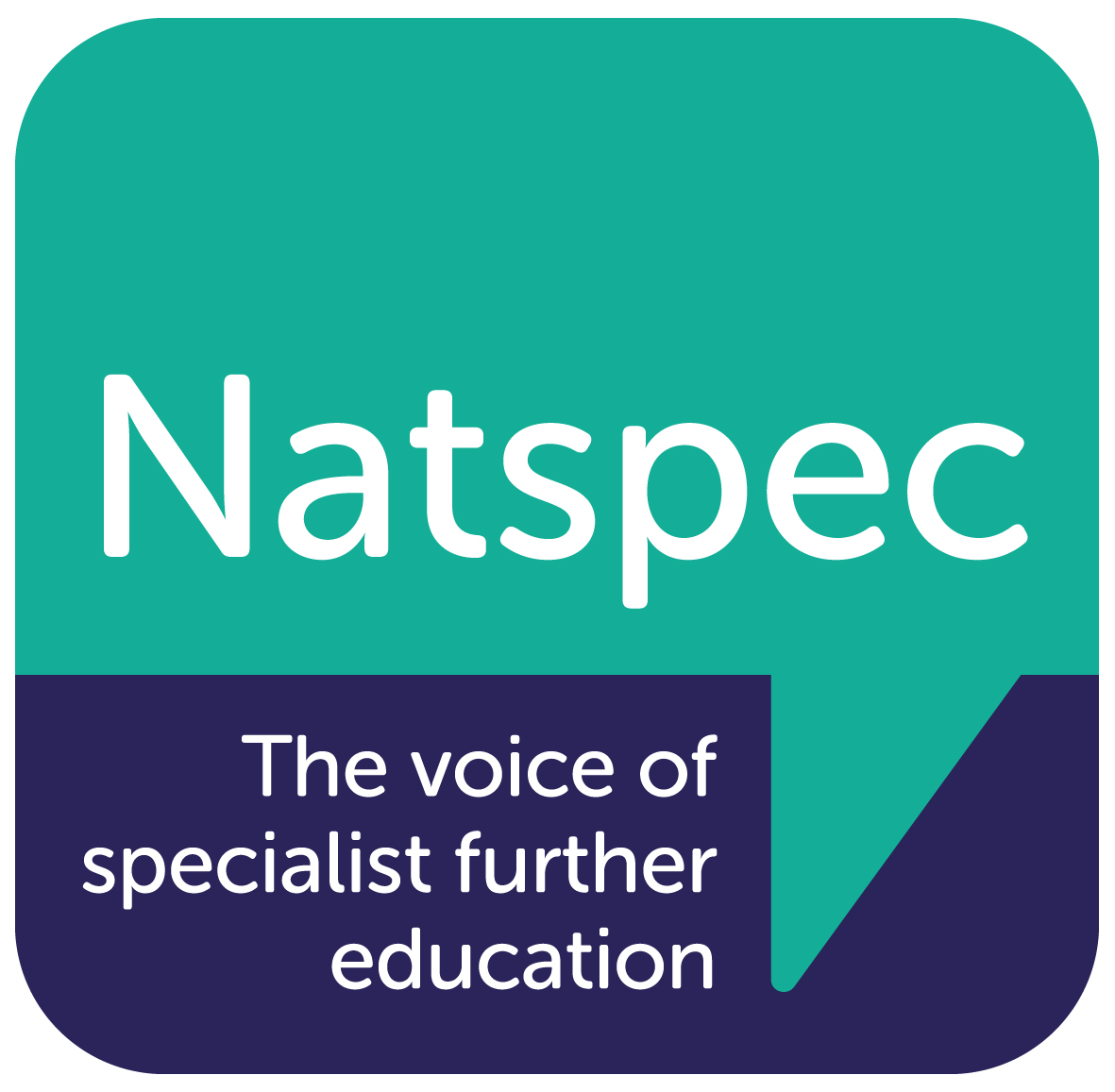
A national charity dedicated to supporting children and young adults with complex learning disabilities and additional communication needs from across the UK.
Provision includes:
- Non-maintained day and residential special school Royal School Manchester, for students up to 19 years
- Independent specialist residential and day college Royal College Manchester, for students aged 19–25
I am the Director of Education for the Seashell Trust, where we are dedicated to supporting children and young adults with complex learning disabilities and additional communication needs from across the UK. In our provision, a significant number of learners have autistic spectrum conditions and multisensory impairment; all of our students have communication needs, most are non-verbal communicators and many present with challenging behaviour.
Seashell Trust has long recognised the importance of high-quality interdisciplinary support to help students develop active communication skills. Indeed, Ofsted recognised the approach in the inspection of our college in 2013, when the promotion of decision-making became the focus of a good practice case study.

Learning to make informed decisions
One of the distinct features of the careers work we undertake at Seashell Trust is the integration of Personal, Social, Health and Economic (PSHE) education. We define careers education as learning to make informed decisions. Our students face decisions about their futures that include work, but also how they would like to be supported, services they need to access and living options. The interconnection of careers and PSHE enables our students to learn social rules, emotional awareness and management, establishing and managing relationships with others, recognising and expressing preferences, and building skills and confidence at self-advocacy. Whereas young people without Special Educational Needs and Disabilities (SEND) can be assumed to develop these aspects throughout their daily lives, with limited structured teaching, this is not the case for students with severe and complex learning difficulties.
The Gatsby Benchmarks are as relevant to students with profound and multiple learning difficulties as they are to any student. They offer organisations a clear framework to plan and deliver individually tailored learning opportunities in lessons.
Using the benchmarks
A well-structured careers programme, framed by the Benchmarks, that provides encounters and experiences of work, enables students to make decisions, or participate in decision-making, and base these decisions on first-hand experience.
By assessing ourselves against the Benchmarks, we have identified opportunities to strengthen our careers programme; we are working in partnership with another specialist college to enhance the independent support and advice to young people about their options and we are working to improve information for families and young people about supported employment, voluntary work and supported living.
To help strengthen impartial and independent careers advice, we now put our staff through career guidance qualifications, to make sure we give the best support possible in line with Benchmark 8: Personal Guidance. We have appointed a Careers Leader for the Trust who is working to shape careers education, find work experience and support families. Finally, we completed the Compass tool to assess our progress against the Gatsby Benchmarks, which showed us the need to build links externally – we are now working with a specialist college to pool resources and anticipate securing an Enterprise Adviser for the school and college from The Careers & Enterprise Company.
Listening to student views
We put great emphasis on the right to make decisions in line with the Mental Capacity Act 2005 and the Children and Families Act 2014. If young people lack the capacity to make decisions, then their participation in decisions is secured by gathering pertinent information through first-hand experience and logging reactions systematically, so that their views are not overlooked. This ensures decisions are made in their best interest. Young people at the Trust learn to use their voices. Often arriving with limited functional communication and no established communication method, they are supported by a multidisciplinary team to develop their individual communication system.
Taking an individual approach to personal development
We take a holistic approach to planning and delivering education and support; personal development is often the key to successful outcomes. Each of our settings approaches career guidance and the curriculum differently.
For example, our college students can be with us for a relatively short time. This drives a sense of purpose that shapes the identification of learning priorities and our curriculum offer until the time comes for them to leave. For residential students, they learn to carry out daily living skills in the home setting, live alongside others and extend their social interests, and prepare for progress to supported living settings.
Supporting students into employment
In order to help young people achieve their aspiration to progress to supported work, the Trust has developed a supported internship programme that caters for students with severe and complex needs and helps them achieve voluntary or paid employment.
There needs to be a high level of transition planning for all our students. Seashell has a team of Transition Coordinators and an Employment Officer to work with the young people, their families and their home social services to align plans for living, community support and work. We established the role of Employment Officer in 2011 and find it a valuable role in the Trust, as it extends support to students in their first stages of being in work. We have started tracking the destinations of our leavers and this has shown us that positive outcomes are sustained, helping us to continue with this model of extended support.

